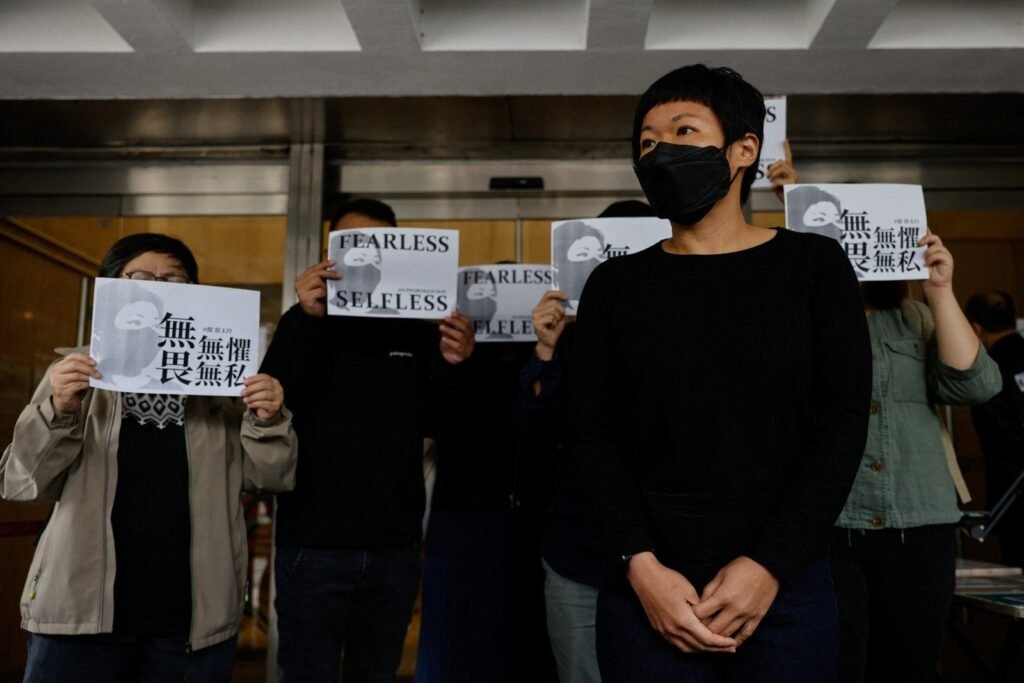A Hong Kong journalist who received accolades for her work has successfully appealed against her conviction, marking a rare victory for media freedom in the territory.
Bao Choy, an award-winning investigative journalist, had been found guilty in April 2021 of misleading the government by obtaining vehicle ownership records for journalistic purposes. In her online application, she had stated that the information would be used for “other traffic and transport related issues.” Choy had sought the records to identify those responsible for a mob attack on protesters and commuters during the 2019 anti-government protests, for inclusion in her documentary.
At that time, Choy was fined 6,000 Hong Kong Dollars ($765) for two counts of making false statements. She decried the ruling as “a very dark day for all journalists in Hong Kong,” provoking outrage among local journalists concerned about the shrinking press freedom in the city.
However, on Monday, the top court judges unanimously ruled in Choy’s favor, overturning her conviction and setting aside the sentence. In a written judgment, they stated that the issues of falsity and knowledge had been incorrectly decided against Choy. They argued that her investigation into the vehicle’s use fell within the broad category of “other traffic and transport related matters.” Even if it didn’t, it was not definitively established that she knew it to be false.
Choy co-produced a documentary titled “7.21 Who Owns the Truth,” which received the Chinese-language documentary award at the Human Rights Press Awards in 2021. The judging panel praised the film as an “investigative reporting classic” that fearlessly pursued leads and interrogated the powerful.
In the aftermath of the 2019 protests, two prominent media outlets, Apple Daily and Stand News, were compelled to shut down, and several of their senior staff faced legal prosecution. Apple Daily founder Jimmy Lai is facing collusion charges under the national security law implemented in 2020, while two former Stand News editors have been charged under a colonial-era sedition law increasingly used to stifle dissenting voices.
Since Hong Kong’s return to Chinese rule in 1997, critics argue that Beijing’s commitment to preserving the city’s freedoms has progressively eroded. Hong Kong ranked 140th out of 180 countries and territories in the World Press Freedom Index released last month by Reporters Without Borders. The global media watchdog cited an unprecedented regression in press freedom since the introduction of the security law in 2020.


